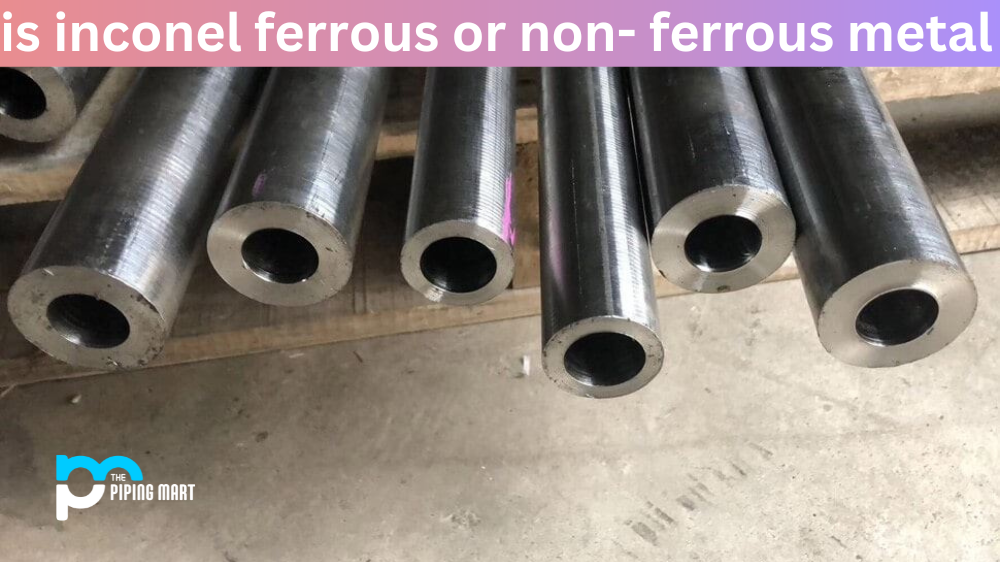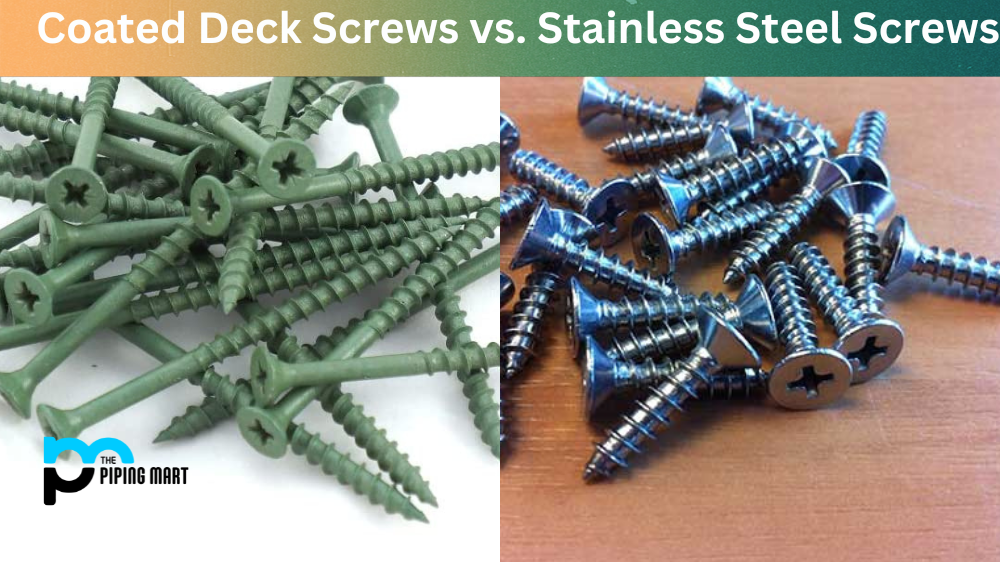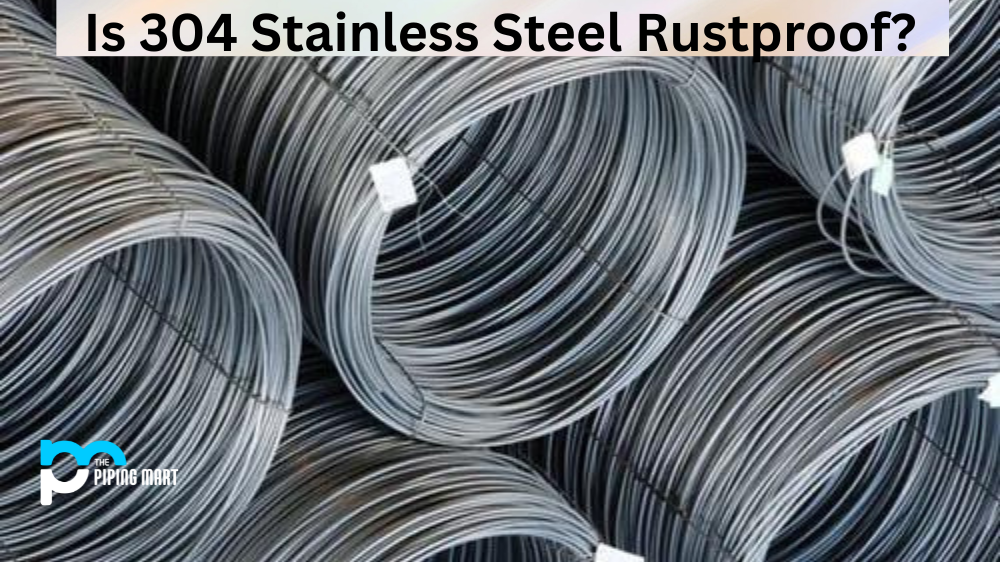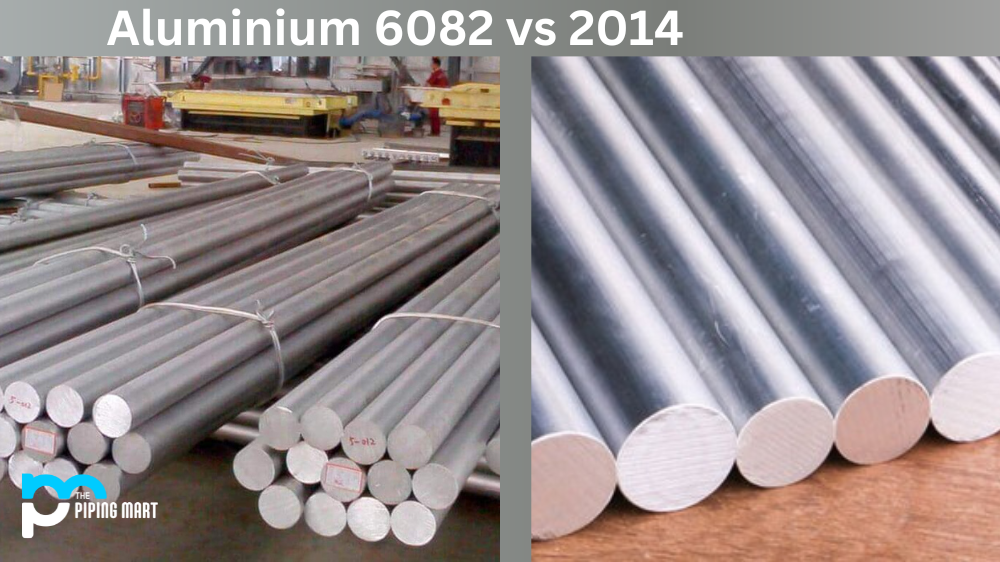Inconel is an alloy of nickel and chromium that is used in a variety of industrial applications. It’s often used in components that are exposed to high temperatures, such as pipes, valves, and other equipment. But what type of metal is it? Is it ferrous or non-ferrous? The answer is both.
So, what is Inconel? It is a group of nickel-chromium-based superalloys that have been in use since the 1950s and is widely renowned for its ability to perform under extreme environments such as high temperatures and corrosive atmospheres. So it will come as no surprise that it is considered a nonferrous metal. Its combination of high strength and superb corrosion resistance makes Inconel an invaluable resource in a wide variety of industries, ranging from aerospace applications to nuclear power generation facilities. So it’s clear why this non-ferrous metal has earned its illustrious reputation as one of the world’s foremost materials.
What is Ferrous Metal?
Ferrous metals are metals that contain iron, such as steel and cast iron. They are highly durable, resistant to corrosion, have good formability and weldability, and are generally inexpensive. Ferrous metals are also magnetic. Steel is the most commonly used ferrous metal; however, there are many others, including pig iron, wrought iron, stainless steel, tool steel, cast iron, and more.
What is Non-Ferrous Metal?
Non-ferrous metals do not contain any iron or very little iron. Examples include aluminum, brass, bronze, copper, lead, and zinc. Non-ferrous metals are lighter than ferrous metals, which makes them ideal for use in aerospace applications where weight matters. They also offer better electrical conductivity than ferrous metals, making them perfect for electrical wiring applications. Non-ferrous metals tend to be more expensive than ferrous ones due to their rarity, but they also offer greater resistance to corrosion which can help offset their higher cost over time.
So How Does Inconel Fit Into This?
Inconel contains both ferrous and non-ferrous elements, specifically nickel (a non-ferrous element) and chromium (a ferrous element). As a result of its unique composition, it has properties that make it well-suited for specific industrial applications, including extreme temperatures (both high and low), chemical processing operations, and certain types of welding operations. When compared with other alloys such as aluminum or titanium, it has superior oxidation resistance at high temperatures making it perfect for use in high-temperature environments like jet engines or heat exchangers.
Conclusion:
In conclusion, Inconel is both a ferrous and non-ferrous metal due to its unique blend of nickel (non-ferrous) and chromium (ferrous). Its unique properties make it perfectly suited for use in extreme temperature environments such as jet engines or heat exchangers where other alloys may not be able to handle the temperatures without oxidizing quickly. Whether you’re looking for a material solution for an industrial application or just curious about what Inconel can do for you, this overview should give you a better understanding of this alloy’s versatility!

Hey, I’m Krutik, a casual blogger expert in the metal industry. I am passionate about providing valuable information to my readers. With a background in engineering and construction, I like playing Cricket & watching Netflix shows in my free time. Thank you for visiting my blog, and I hope you find my information helpful!




